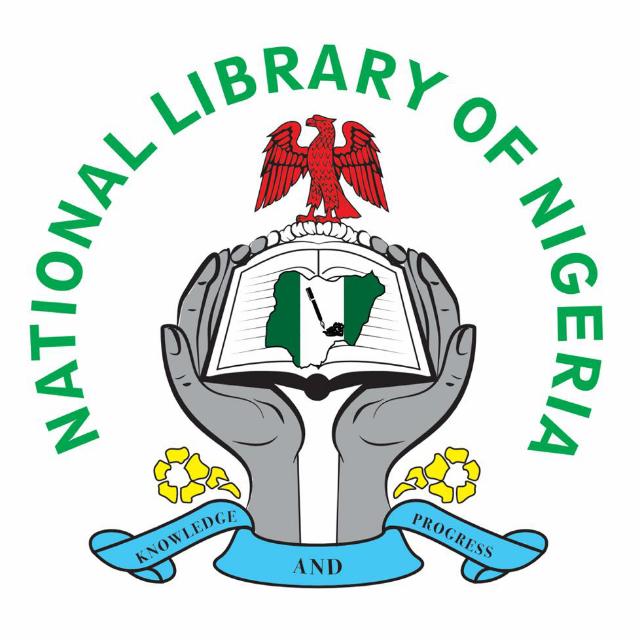Nigerian media has played a crucial role in promoting democracy since 1999, advocating for good governance, human rights, and democratic values. The media's advocacy role is even mentioned in the titles of Nigerian newspapers like Vanguard, Guardian, Punch, and Tribune. The role has been recognized in Section 22 of the constitution. The media's opposition to military dictatorship in the 1990s was another heroic moment. The advocacy role led to the resignation of Hon. Salisu Buhari as Speaker of the House of Representatives in 1999 over allegations of age falsification, the easing out of office of Ms Stella Oduah in 2014 for corruption-related charges, and the current ordeal of the Secretary to the Government of the Federation, David Babachir Lawal, over allegations of grass-cutting contract scandal. However, the advocacy and reform-oriented role of the media came at a significant cost to practitioners and their organizations. Journalists continue to suffer intimidation from state officials, including arrests, prosecutions, and persecution of critical journalists. Additionally, Nigerian journalists work under poor working conditions, with low salaries and irregular working conditions.
 Index to Nigerian Newspapers
Index to Nigerian Newspapers
